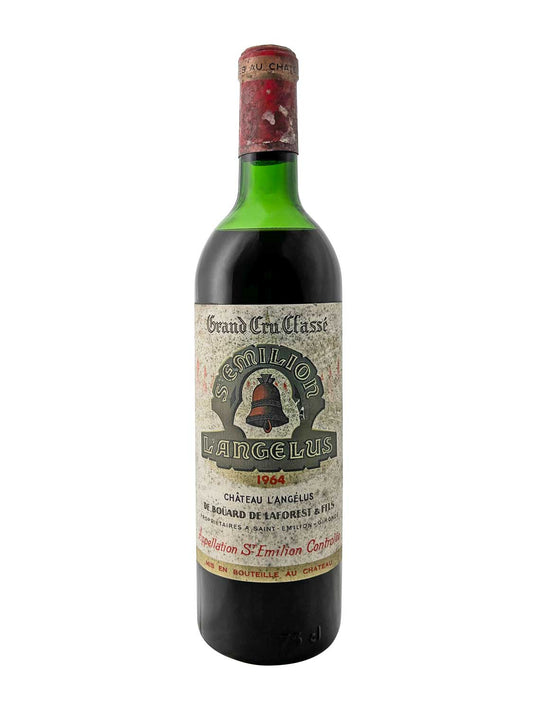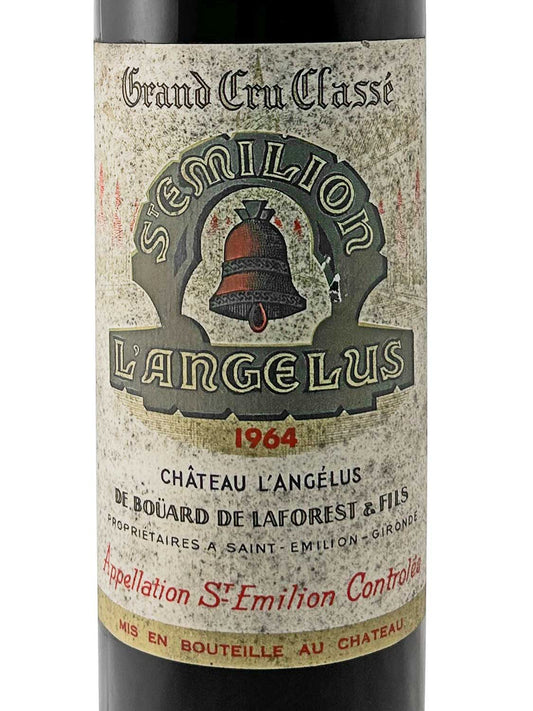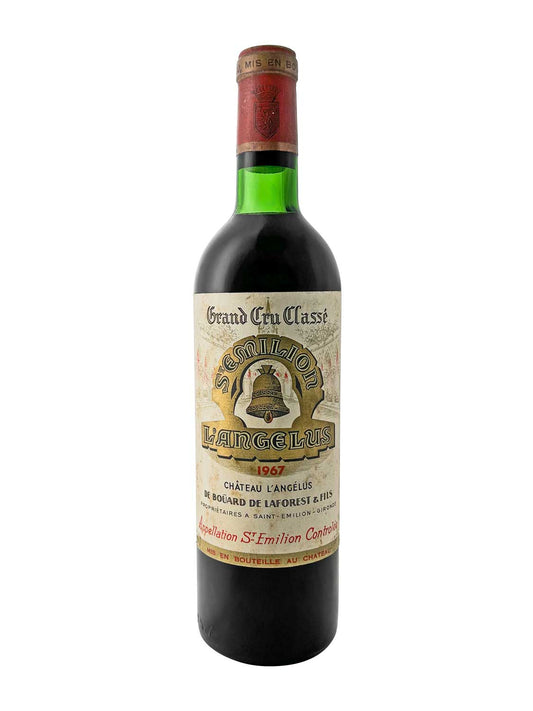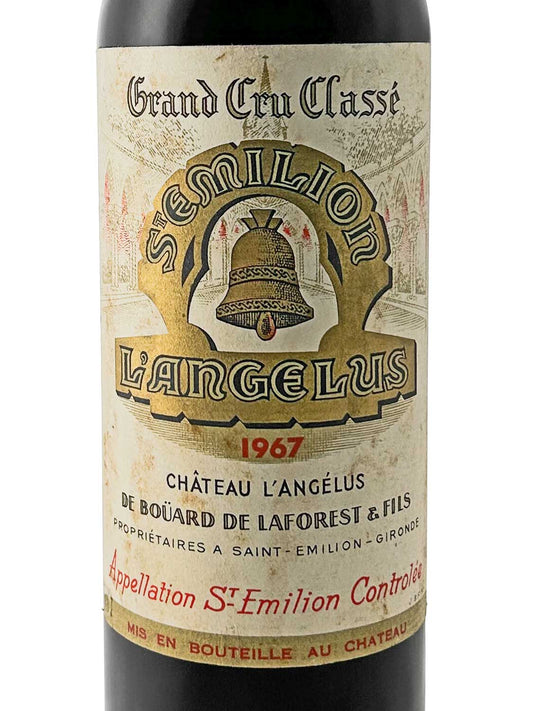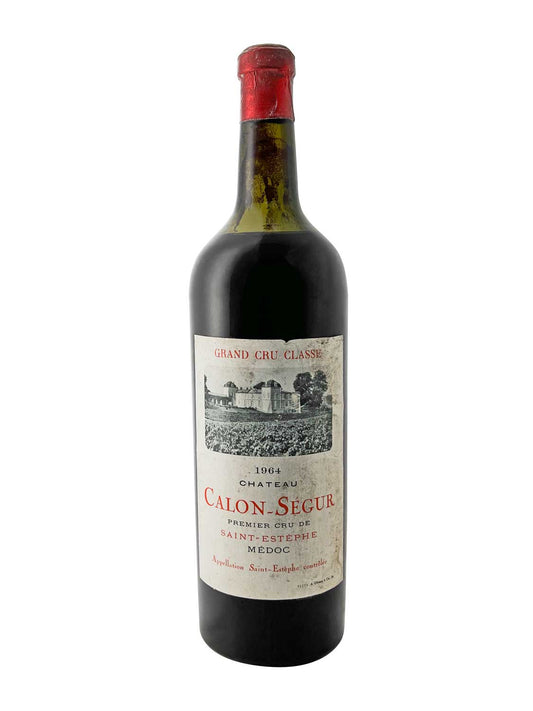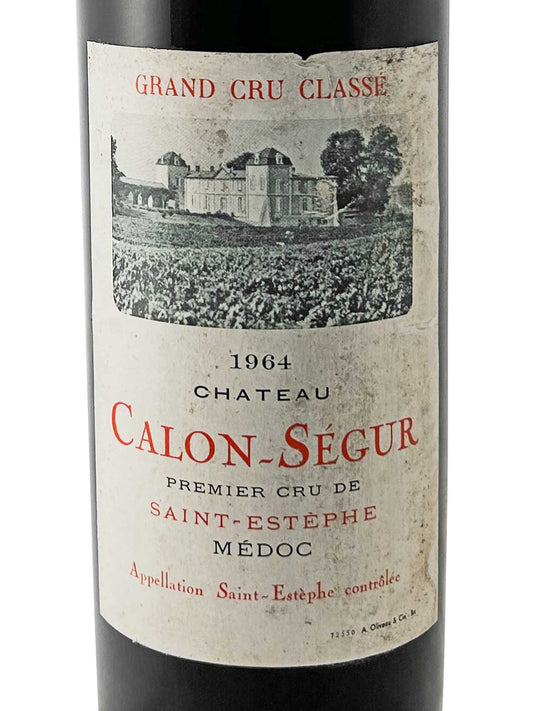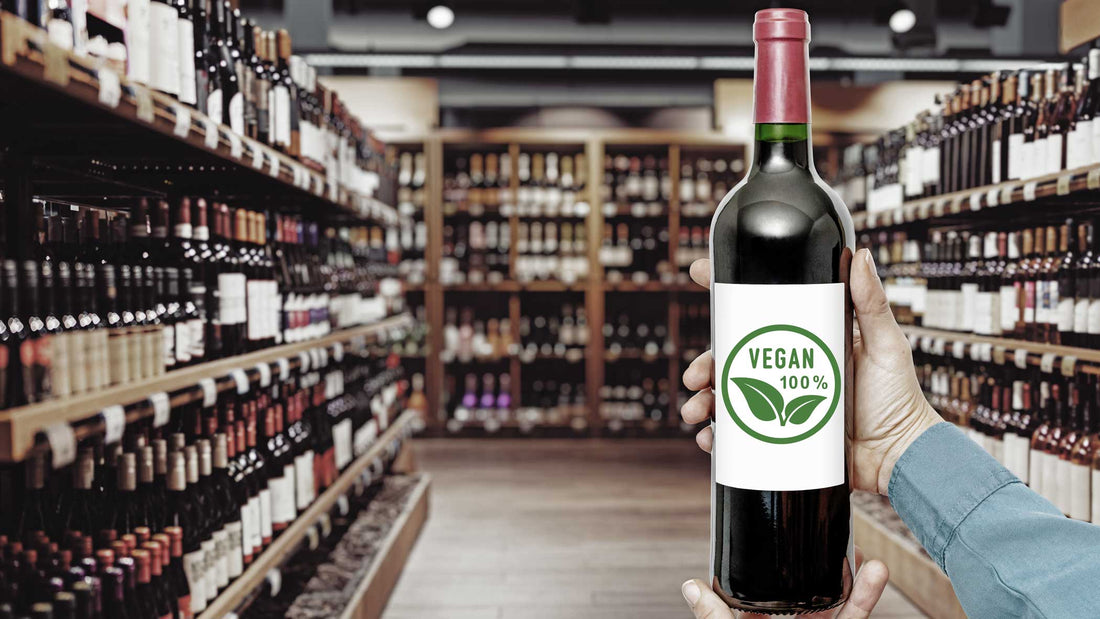
Vegan wine – just a clever sales argument?
Why the label is often more appearance than substance
In recent years, the trend toward vegan products has spread rapidly. Demand for vegan wine, which is produced without animal aids and thus considered "animal-free," is growing, especially in the wine industry. However, the term "vegan wine" conceals not only an alternative production process but also a sophisticated marketing strategy. In this blog post, we critically examine why vegan wine is increasingly being used as a marketing tool, the motivations behind it, and how wine collectors should critically question the supposed animal-free status.
1. What does “vegan wine” mean?
Before we get into the marketing aspects, it's important to understand what "vegan wine" actually means. The term describes wine that is made without the use of animal products. This particularly applies to clarification (also called filtration), which traditionally uses animal substances such as gelatin, casein (milk protein), or egg whites to remove impurities and make the wine appear clear.
Vegan wine avoids these animal-based additives and instead uses plant-based or mineral alternatives such as bentonite (clay), diatomaceous earth, or plant proteins. The goal is to offer a product that is free of animal products and thus appealing to vegans and ethically conscious wine collectors.
2. Why is the topic so popular?

The vegan lifestyle is gaining more and more followers worldwide. People are choosing not to consume animal products for ethical, environmental, or health reasons. For this target group, it makes sense to also focus on animal-free production of wine.
In addition, vegan wine is often promoted as more sustainable and modern. The "vegan" label can be a unique selling point for winemakers and helps them stand out in a competitive market. Especially at a time when consumers are becoming increasingly conscious about their purchases, the label plays an important role in purchasing decisions.
3. Vegan as a marketing tool: Why the label is often more show than substance
This is the crux of the problem: Many experts and wine collectors are wondering whether vegan wines truly represent an ethical alternative or are merely a clever marketing tool. After all, it's impossible to definitively determine whether animal or plant-based additives were used in the filtration process. In terms of taste, there's also no noticeable difference between drinking a regular or vegan wine.
Read also: Terroir – The Soul of Bordeaux Wine
a) The principle of voluntary labelling

In Germany and Europe, there are no binding legal requirements for the designation "vegan." This means:
- Voluntary: Winemakers can decide for themselves whether to declare their wines as vegan.
- No mandatory controls: There is no central certification body for vegan wine; certificates such as the "Vegan Society" are voluntary.
- Lack of transparency: Many manufacturers use the label without clear evidence or independent control.
This leads to the following: The word “vegan” often becomes a pure sales argument – regardless of whether all animal products were actually avoided in the manufacturing process.
b) Marketing strategies behind the label
Many winemakers deliberately exploit the vegan label:
- Positioning in the premium segment: Vegan products are often associated with a modern, responsible image.
- Differentiation from the competition: The label highlights the product and specifically addresses a specific target group.
- Storytelling & Branding: By emphasizing sustainability and ethics, manufacturers create emotional bonds with customers.
- Pricing policy: Vegan wines are often sold at higher prices – the image of a high-quality product justifies higher prices.

c) The illusion of animal freedom
The label "vegan" often suggests a completely animal-free production process. But in reality:
- There is no legal obligation to accurately declare all substances used.
- Some wines carry the label “vegan” but were produced in the traditional way.
- The actual transparency is often lost because the filtering process using animal or plant-based aids is undetectable.
This makes the vegan label an effective marketing tool – it creates trust and differentiation among consumers, even though the actual production process is sometimes less transparent.
4. Why many winemakers consciously use the vegan label
Many producers see the vegan trend as an opportunity:
- Reaching new target groups: Vegans, vegetarians and environmentally conscious consumers are among the most important target groups.
- Image management: A sustainable image has a positive effect on brand perception.
- Competitive advantage: In a highly competitive market, the vegan label can make the decisive difference.
- Leveraging the pressure to innovate: With vegan products, winemakers position themselves as modern and future-oriented.
These strategies are not inherently negative – but they raise questions: Is the focus on veganism truly sincere or just a clever sales pitch?
Also read: 8 advantages of glass wine bottles
5. Critical voices: Is vegan wine just a trick?

Many industry observers criticize:
- Lack of regulation: Without legal standards, any winemaker can freely declare their products as “vegan.”
- Distorted perception: Consumers may believe that all vegan wines are automatically ethically sound – which is not always true.
- Marketing instead of conviction: For some manufacturers, the vegan label is more of a trendy term than an expression of a deeply rooted conviction.
There is also a risk that the focus on veganism will neglect other important aspects such as environmental sustainability or social responsibility.
6. What does this mean for wine collectors?
Anyone who relies solely on the label when buying vegan wine runs the risk of:
- Buying wine that is only minimally vegan or only advertised with the label.
- Not knowing exactly what happened in the manufacturing process.
Therefore, it is recommended:
- Ask the dealer for detailed information.
- Be aware: The vegan label alone does not automatically guarantee an ethically perfect or sustainable wine.
Also read: Buy wine from a winery or a wine shop?
Conclusion: Vegan as a marketing strategy – yes or no?
The trend towards vegan wine clearly shows that the label is, above all, a powerful marketing tool for many producers. It allows them to
- to differentiate oneself in the market
- to address new customer groups
- to build a modern image
At the same time, there are also genuine efforts by winemakers to implement sustainable and animal-free production processes.
For wine collectors, the rule is: remain critical! The vegan label should never be the sole criterion for your decision. Instead, it's worth asking the producer directly and shopping consciously.
Ultimately, it is not just the label that determines the quality of a wine – but also the transparency and credibility of the winemaker.

